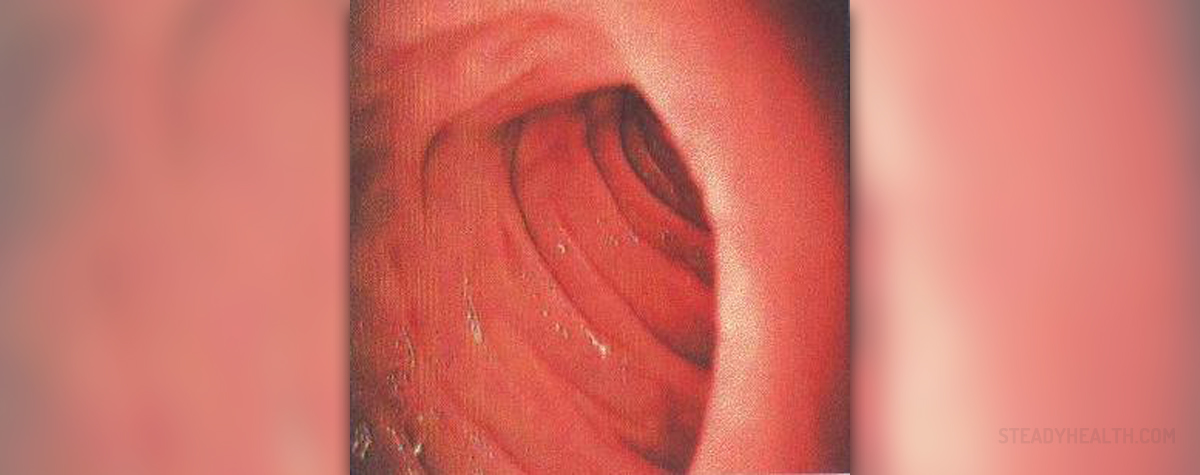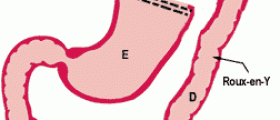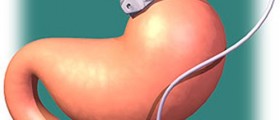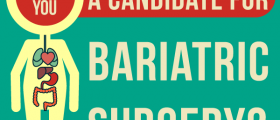
Dumping syndrome, also known under the names gastric dumping syndrome or rapid gastric emptying, is a condition characterized by rapid passing of food through the stomach. People affected with this condition have a problem in which the food enters the small intestine, mainly undigested. The core of this problem lies in the upper end of the small intestine, known as the duodenum. Duodenum, in these patients, expands rapidly in contact with substances with increased osmolarity, such as a food from the stomach. The dumping process starts soon after the meal and include series of highly unpleasant symptoms.
Symptoms of dumping syndrome
As already mentioned, first symptoms of dumping are observable right after the meal. People usually feel nausea, bloating, cramping, diarrhea, dizziness and fatigue. In most cases, they will even vomit and feel very exhausted. Somewhere between 1 to 3 hours following the meal, the late damping symptoms are also becoming noticeable. A patient feels weak, starts to sweat and feels dizzy. Some patients will suffer only from early damping, while the others may experience only late dumping. However, most of the affected individuals have both types of symptoms. Moreover, some patients may complain about low blood sugar levels, which are related to excessive insulin levels delivered to the bloodstream. This complication is also a part of the syndrome. According to some scientific speculations, early dumping is possibly caused by problems in fats digestion, while late damping results from problems with carbohydrates. Diagnosis of dumping syndrome
Dumping syndrome is usually diagnosed based on the symptoms of the disease. It is usually diagnosed among patients who have had gastric surgery. Diagnostic tools used to exclude other health conditions with similar symptoms include barium fluoroscopy and radionuclide scintigraphy. According to the statistics, about 25-50% of all patients who have undergone gastric surgery have some symptoms of dumping. A reduction in the frequency of this disease is possible with the reduction of elective gastric surgeries.Treatment for the dumping syndrome
Treatment for the dumping syndrome is based on maintaining a healthy and balanced diet. Changes in the eating habits and medication, conducted by avoiding certain foods and drugs, can help to stop the symptoms of the syndrome. People are often advised to eat several times during the day and to choose meals low in carbohydrates, simple sugars, and liquids. People should drink liquids only between the meals and include fiber rich foods in their daily diet. Doctors may also recommend surgery or medications such as octreotide, cholestyramine or proton pump inhibitors.

















Your thoughts on this
Loading...